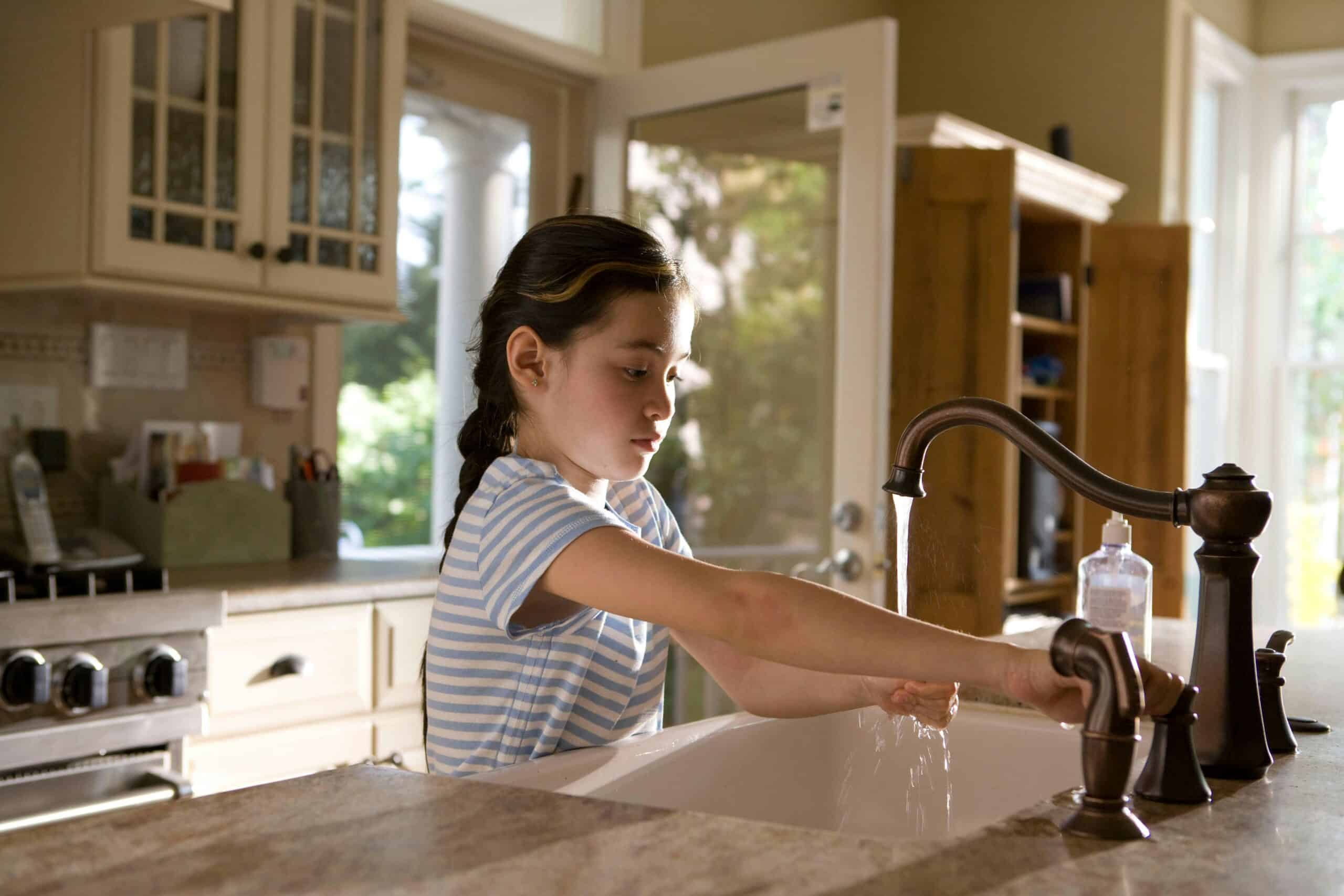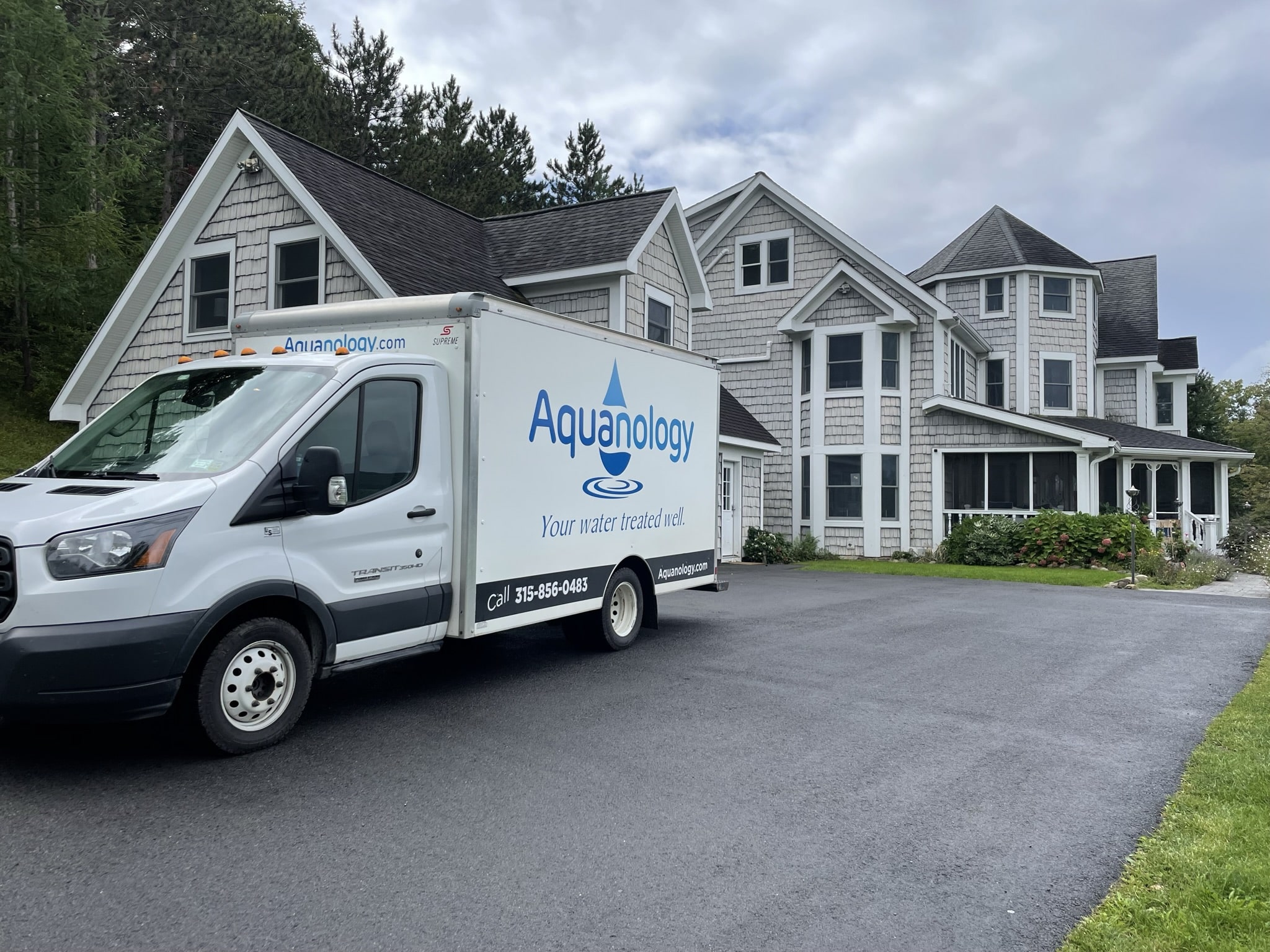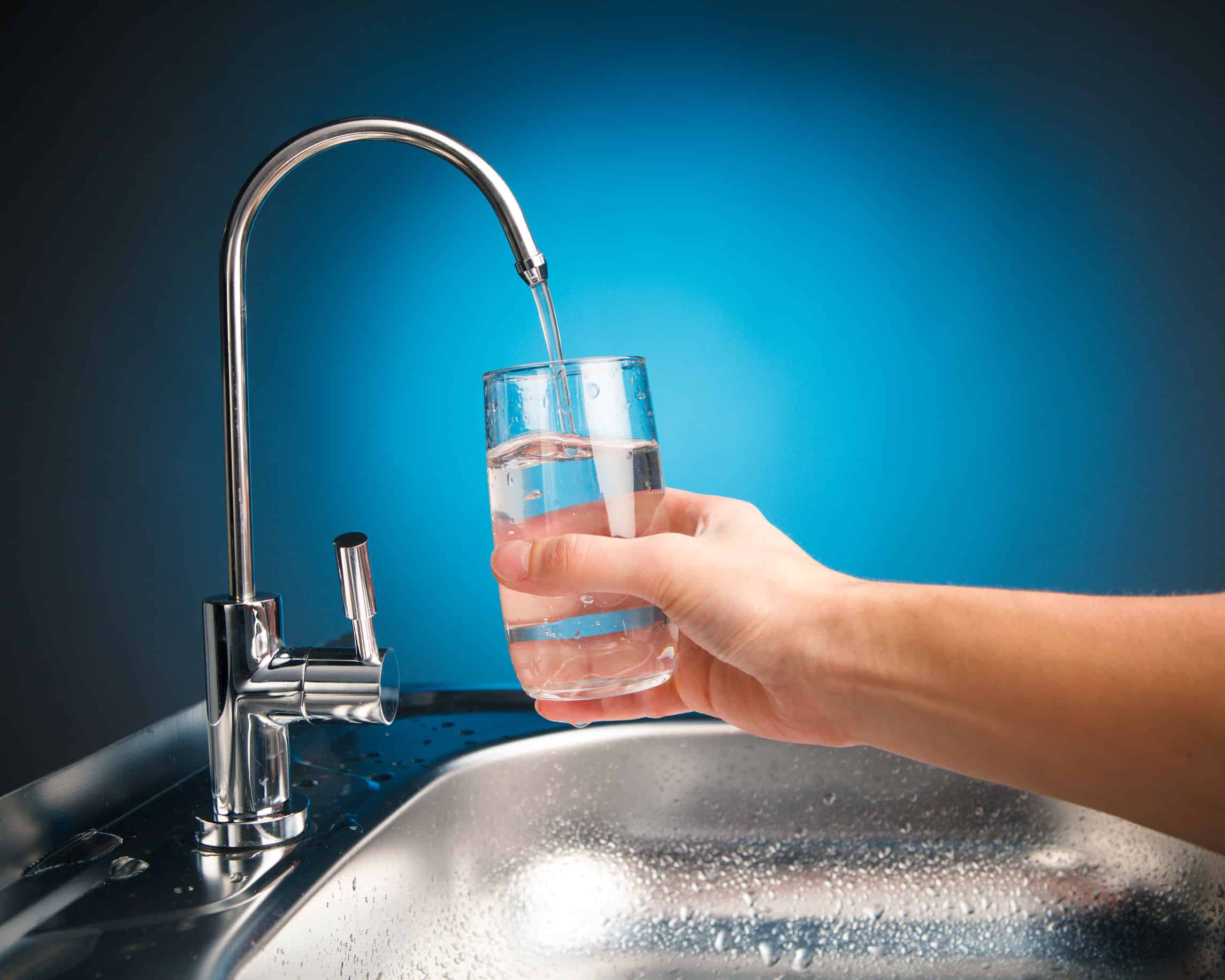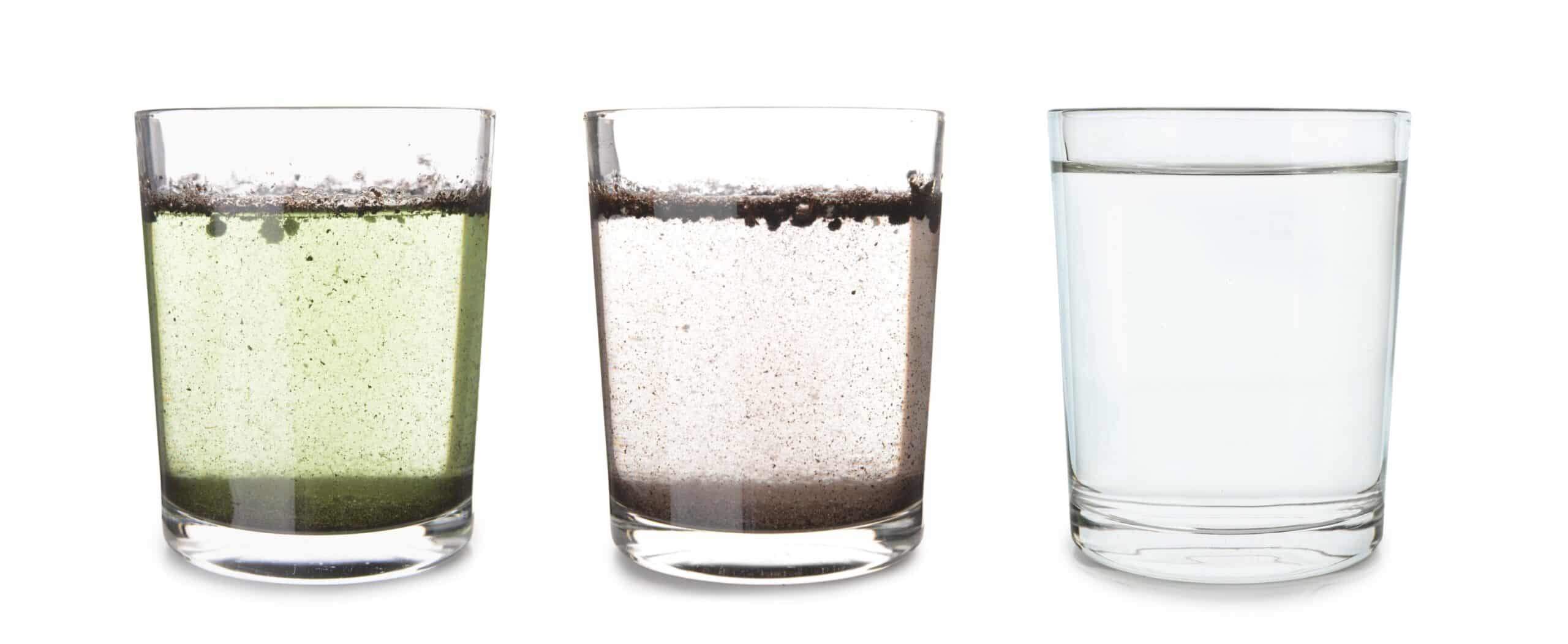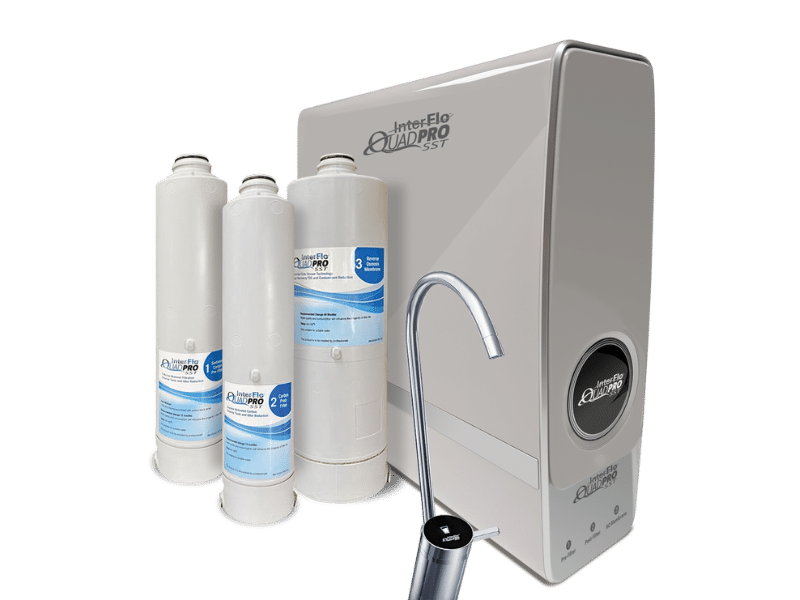Water softeners play an essential role in improving water quality by removing hard minerals like calcium and magnesium. With softer water, appliances work more efficiently and require less maintenance, laundry, and cleaning become easier, and skin and hair feel smoother after bathing. Softened water also helps stop mineral deposits from forming in pipes and appliances. This improves water pressure and makes your water heater last longer.
A common question homeowners ask before investing in a water softener is: How long do water softeners last? The answer depends on several factors, including water quality, frequency of use, maintenance, proper installation, and the quality of the water softening system itself.
Average Lifespan of a Water Softener
There isn’t a single answer for how long a water softener should last. In general, the lifespan ranges between 5 to 30 years, depending on different factors.
Some high-quality water softening systems have even lasted 45 years with minimal repairs. A well-known water softener supplier recently ran a contest to find the longest-lasting working softener, and the winner had been running for over four decades with just four parts replaced.
However, most higher-quality brands last over 15 years, while lower-end models bought online or at big-box stores may not last as long. Interestingly, the 45-year-old softener that won the contest was a professional-grade model but not a premium brand like Rainsoft, Culligan, or Kinetico.
To compare the lifespan of a salt-based water softener vs. a salt-free conditioner, check out our blog on “How to Decide: Salt-Based Water Softener vs. Salt-Free Water Conditioners.”
Factors That Affect Water Softener Lifespan
1. Water Quality Levels
The hardness of your water is a major factor in how long a water softener will last.
- Water with high levels of calcium and magnesium causes the softener to regenerate more frequently, putting extra strain on the system.
- Iron or manganese, commonly found in well water, can clog the resin bed if it isn’t cleaned properly. Higher metal levels also require adjusting salt dosage for optimal performance.
- Sediment and sand can build up inside the system, causing seals to wear out and reducing efficiency.
To extend the lifespan of a water softener, consider:
- Upsizing your system if water quality is poor.
- Using a twin-tank softener for improved self-cleaning.
- Installing a pre-filter to remove sediment, sand, and metals before they reach the softener.
2. Frequency of Use
Like any appliance, the more a water softener is used, the faster it wears out.
- Larger households that use more water will cause the system to regenerate more frequently, reducing its lifespan.
- Commercial water systems have shorter warranties because they process water all day, every day, unlike residential systems that are used periodically throughout the day.
- Upsizing the softener for higher usage can help extend the lifespan of a water softener by reducing the number of regenerations.
3. Maintenance & Cleaning
Just like skipping oil changes can ruin a car engine, poor maintenance will shorten the life of a water softener.
- Keeping salt levels in check is crucial. Running out of salt can damage the resin bed, causing buildup that reduces efficiency.
- If your water contains iron, you may need to add a resin cleaner. Some systems only require an annual cleaning, while others may need more frequent treatment.
- Check your softener regularly to make sure salt is being used properly. If salt levels remain unchanged, there may be a salt bridge or mechanical issue that needs immediate attention.
4. Proper Sizing, Design & Installation
Even the best softener won’t work properly if it’s installed incorrectly or undersized for your home’s needs.
- Professional installation ensures the system is set up correctly, preventing problems that could lead to early failure.
- Sizing matters—a small softener in a large household will have to regenerate too often, causing unnecessary wear.
- Water quality matters—on city water with moderate hardness, a single-tank softener may last for years. However, for very hard water or high iron content, a twin-tank system or pre-filter may be needed for better performance and longevity.
5. System Brand & Quality
The quality of a water softener greatly affects its lifespan.
- Entry-level models from online retailers or big-box stores may last anywhere from 5 to 15 years, depending on water quality and maintenance.
- Professional-grade softeners sold by water specialists or plumbers can last 15 to 30 years, assuming proper care.
- Big-name brands like Culligan, Rainsoft, or Kinetico often cost more, but they don’t necessarily last longer. These companies invest heavily in marketing, which drives up their prices without significantly improving product longevity.
Additionally, some major brands restrict parts and service to specific dealers, making maintenance and repairs more expensive and difficult over time. In contrast, independent water treatment specialists often provide more affordable, high-quality alternatives with better service options.
Conclusion
When researching the question “how long do water softeners last”, keep these key factors in mind:
- Water quality: Harder water requires more frequent regeneration, wearing out the system and forcing you the replace your water softening system sooner.
- Usage: Higher water consumption shortens lifespan, so upsizing your softener may be a smart investment.
- Maintenance: Regular cleaning, checking salt levels, and using a resin cleaner when needed will extend the life of your softener.
- Installation & sizing: A properly installed and correctly sized softener will last much longer than one that is too small or installed incorrectly.
- Quality matters: Investing in a professional-grade softener upfront will likely save money in the long run compared to replacing a lower-end system every few years.
At Aquanology, we specialize in high-efficiency water softeners, maintenance, and repairs to ensure you get the most out of your system. Contact us today for expert advice and personalized recommendations for your home’s water needs. With Aquanology, you’re not just another customer—you’re part of our family business, where quality service comes first.

